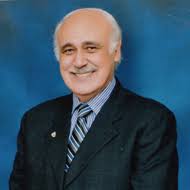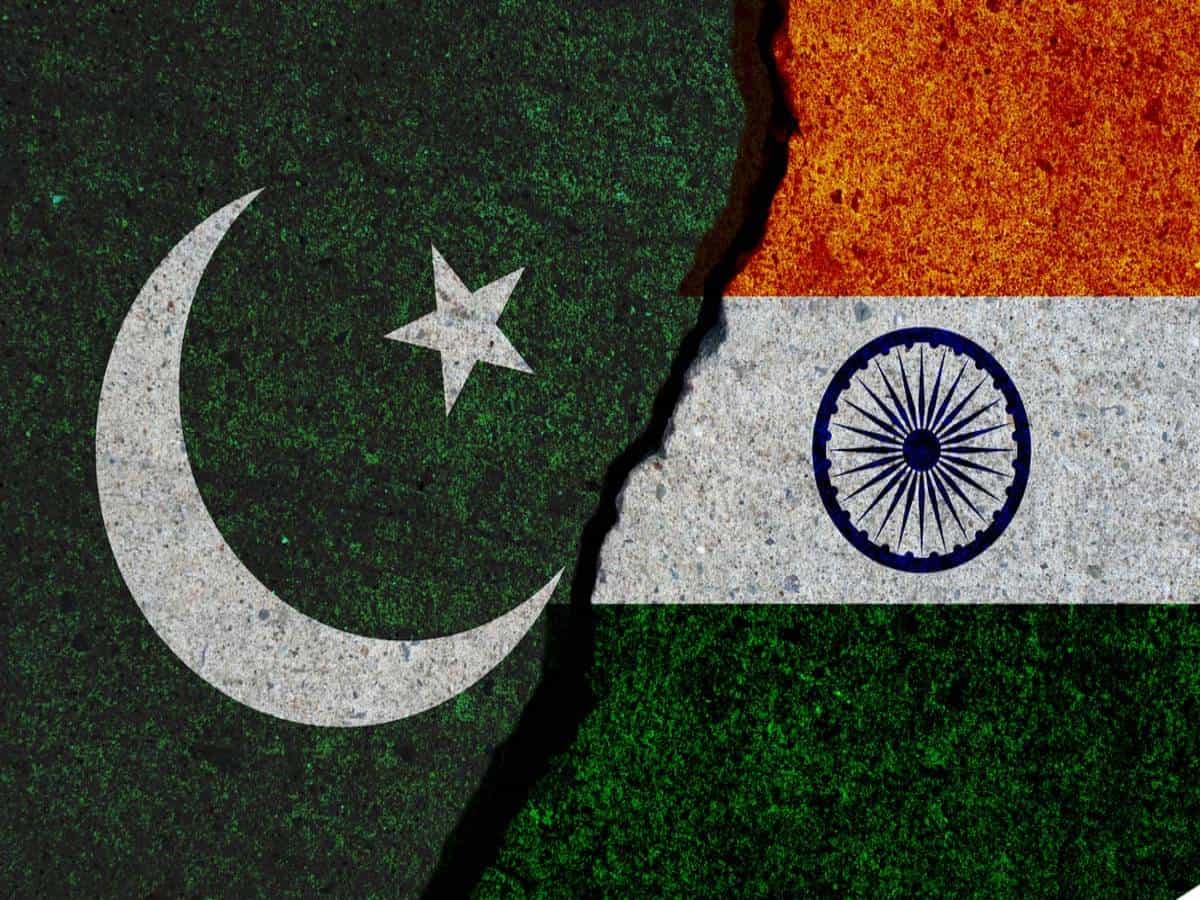
Khushwant Singh alive was vital; in death, he has become virtual. Like many of us, he, too, has fallen victim to the impact of Covid-19. Those who celebrate his life at Litfests held in his name have to find other ingenious ways of commemorating him.
On 26th and 27th June, the Khushwant Singh Literary Festival London 2021, held usually at Kasauli, went virtual from London. Its theme –No Man is an Island – would have amused Khushwant. He would have spotted the irony of his KSLF being beamed from a post-Brexit London, and remembered the succeeding lines from John Donne’s prescient poem: ‘Every man is a piece of the continent, a part of the main; if a clod be washed away by the sea, Europe is the less’.
Khushwant Singh died in 2014, his ashes lie interred in New Delhi, Kasauli and Hadali in Pakistan’s Punjab. Their distribution reflected the universality of his spirit. To him there were no borders, no iron, no saffron curtains. The only curtain that mattered to him was the cloth one that hung at the entrance of his Sujan Singh Park flat in New Delhi. It had been imprinted with the Muslim kalima.
By hanging it so prominently, he sought to remind visitors of every religious persuasion that, by passing through it, they would neither lose caste nor have to abjure their faith. Only God mattered, not divisive beliefs.
KSLF London 2021 opened with a presentation by Dr Vidya Dehejia of Columbia University (USA). She chose some iconic objects from her book India: A Story through 100 Objects. Perhaps the most intriguing amongst them was a small ivory carving of a yakshi, retrieved from the ashes at Pompeii. Her support was the author William Dalrymple, who is to 19th century India what BBC’s Mark Tully became to 20th century India – a chronicler of crises, a dastangoh of political dynasties.
The next session focussed on Victoria Schofield’s moving memoir of her friend Mohtarma Benazir Bhutto. Both she and her interlocutor Javed Jabbar knew Mohtarma in separate capacities. Their recollections taken together reconstituted her personal and political uniqueness for an audience who never knew her personally.
Khushwant Singh once described the Bhutto family saga as ‘a gruesome tale of intrigue, treachery, treason, violence and cold-blooded murder’. He coined a word for the Indo-Pak condition: saprophytic (feeding off decaying matter). ‘Both nations,’ he maintained, ‘rely on all that is rotten in their past.’
The final session on the first day had Shaheen Chishti talking about his book The Granddaughter Project with the actress Divya Dutta. Shaheen – a Londoner for 37 years – has written a story involving three unlikely female characters: Helga, a Holocaust survivor, Kamla, a Bengali escapee from an unhappy abusive marriage, and Lynette, a Caribbean who came to London in the banana-boat 1950s. He uses London’s vibrant Notting Hill carnival as the backdrop to their story.
Most viewers recognised Divya for her roles in the film adaptation of Khushwant Singh’s timeless novel Train to Pakistan and in the award winning Veer-Zaara, a story of star-crossed, border-crossed lovers.
All three sessions of the first day echoed the KSLF’s homage to the girl-child – the spiritual yakshi, the girl-turned-politician, and the three female victims of societal indignities.
The second day consisted of two sessions: Indian actor Kabir Bedi in conversation with the journalist Sarah Jacob, followed by Dr. Jane Goodall being interviewed by the effervescent environmentalist Gargi Rawat.
Dr. Goodall made her name through her pioneering research into the social behaviour of our blood-relatives – chimpanzees and other primates. She and Sir David Attenborough never tire of reminding us – nor should they – of the need to protect our environment. Dr. Goodall has sought the involvement of a younger generation through her Roots & Shoots initiative.
She talked to Gargi about the need to personalise the identity of animals with names. For example, she gave her subject chimpanzees names like David Greybeard, Goliath, Gigi, Flo and Frodo. One wonders what name the chimpanzees had amongst themselves for her.
Rahul Singh, co-organiser of the KSLF with his indefatigable companion Niloufer Billimoria, closed the virtual festival with thanks to the invisible sponsors and team of volunteers. Their combined efforts returned Khushwant Singh to the city of his graduate studies and his job later as Press Attaché at the Indian High Commission in the 1950s.
What distinguishes the KSLF from other Litfests is that it radiates the personality of its namesake, his brash often abrasive secularism, and his luminous humanism.
Let Khushwant’s fellow humanist, the author Aldous Huxley provide closure to KSLF London. In his novel Island, Huxley wrote: ‘What one has to learn is how to remember and yet be free of the past.’
Source: Dawn
Fakir Syed Aijazuddin is a globally known writer, columnist from Pakistan

